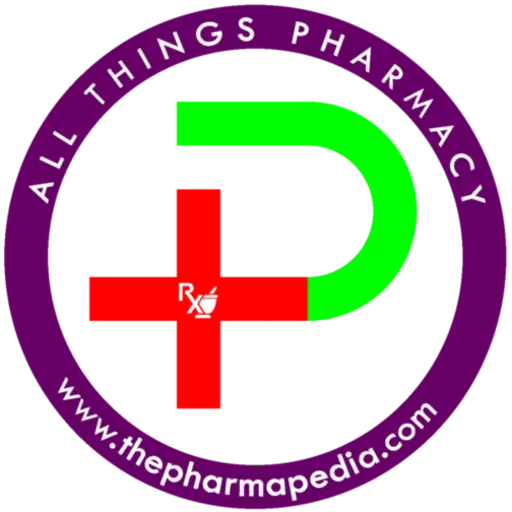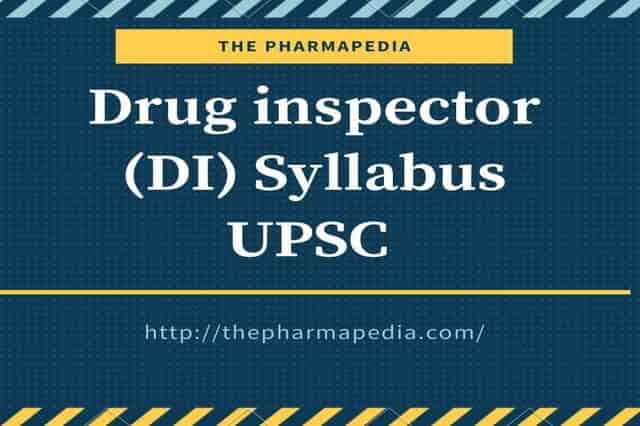29. lR spectroscopy: introduction, fundamental modes of vibrations in poly atomic molecules, sample handling, factors affecting vibrations., instrumentation – Sources of radiation, wavelength selectors, detectors – Golay cell, Bolometer, Thermocouple, Thermister, Pyroelectric detector and applications.
30. High performance tiquid chromatography (HPLC): introduction, theory, instrumentation, advantages and applications.
31. Drug estimation: Estimation, of –dextrose by colorirmetry; Estimation of sulfanilamide by colorimetric; Simultaneous estimation of ibuprofen and paracetemol by UV spectroscopy; Assay of paracetamol by UV- Spectrophotometry.
32. Pharmacodynamics; Mechanism of drug action, Receptors, classification and drug- receptor interactions, combined effects of drugs, factors modifying drug actions, drug addiction, drug abuse, tolerance and dependence.
33. Clinical Pharmacokinetics: Principles of basic and clinical pharrnracokinetiis Pharn- racogenetics. Drscovery and development of new drugs-Preclinical and clinical studies.
34. Classification, physicochemical properties, pharmacology, mode of action, structure activity relationships, therapeutic uses, side effects & drug resistance (wherever applicable) should be covered in respective classes of drugs; Autonomic Nervous System- Synrpathominretics/lytics, Parasympathomimetics/ lytics, , Neuromuscular transmission, Neuromuscular blockers; Central Nervous System: – Anti-Parkinsonian Anti-Epileptics, Sedatives/ hypnotics, Nootropics. Narcotic analgesics, Cardiovascular:- Antihypertensives, Anti-anginal agents Anti- arrhythmic drugs. Drugs used in congestive heart failure. Antihyperlipidemic drugs. Drugs used in the therapy of shock, Diuretics; Antimicrobial:- Penicillins & beta- lactamase inhibitors, Cephalosporin’s, Amino glycosides, Antibacterial sulpha drugs; Quinolone Antibacterial; Antimycobacterial drugs, Antiviral Drugs; Antifungal agents; Anthelmintic agents; Chemotherapy of ) tuberculosis, leprosy, AIDS, worm infections, urinary tract infections and sexually transmitted diseases. Chemotherapy of malignancy Endocrine:- insulin, oral Hypoglycemics, corticosteroids, Thyroid/Ant thyroids, Estrogens & progesterone; General anesthetics, Local anesthetic agents; Antiseptics, disinfectants, & astringents.


